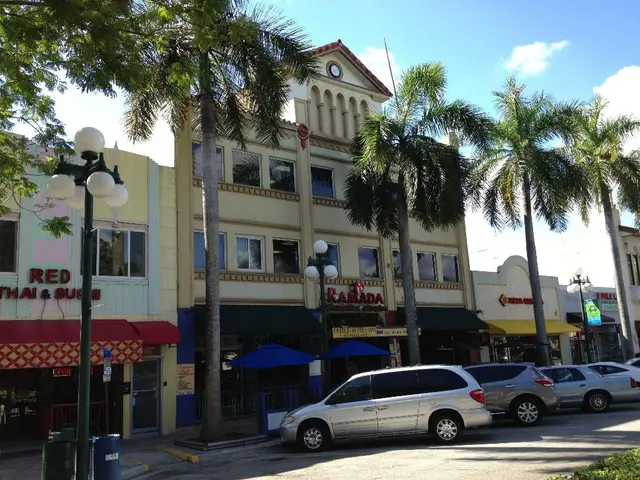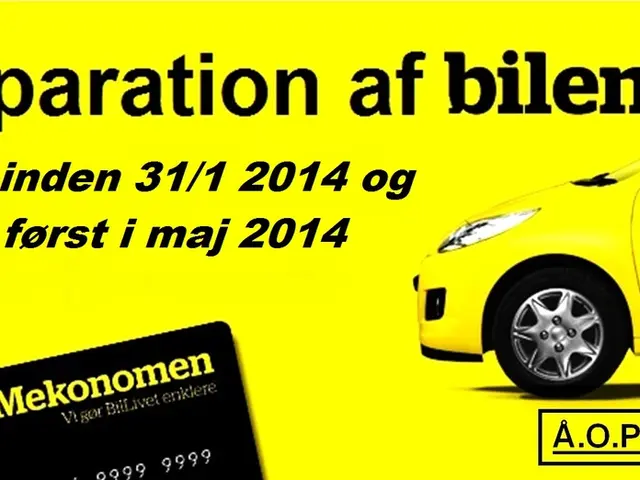A Spike in Unwanted Incidents Targeting Train Staff in North Rhine-Westphalia
Escalating cases of aggression towards staff members on regional trains - Escalating assaults against train conductors
Here's a lowdown on the shore-up in unwanted incidents occurring against train staff in North Rhine-Westphalia (NRW), as revealed in the latest 2024 security report for regional transport. The report pointed out a staggering 17% increase in such incidents last year, with the majority aimed at control and security personnel.
Last year saw over 1,300 threats and 905 bodily injuries in regional transport, a significant rise from the year before. Nearly 43,000 so-called security-relevant incidents took place in rail public transport in 2023, a rise largely attributable to improved data collection.
Fare evasion continued to top the list, reaching an all-time high of almost 15,000 cases solely in regional trains. This figure would be even higher if we include buses, trams, and underground trains. The report is compiled annually with the cooperation of all transport associations and the NRW Ministry of Transport, detailing crimes, offenses, and peculiarities reported by NRW transport companies.
Oliver Wittke, spokesperson for the Rhein-Ruhr transport association (VRR), attributed the increase in incidents to a perceived "decline in morals." Wittke suggested that this behavior is not a result of concrete dissatisfaction with performance or any specific event, but rather a resistance to authority. Similar trends have been observed among fire services, rescue services, and the police.
Wittke underscored the need for consistent punishment of incidents, fare evasion, and reports of verbal abuse against train staff. Wittke stated, "We are explicitly against this being trivialised or even exempt from punishment, as that would be a capitulation to lawbreakers. Maintaining the deterrent effect of fare evasion is crucial."
In addition to increased video surveillance, Wittke proposed the deployment of more escort personnel to safeguard train employees and provide a sense of security to passengers. Bodycams for security personnel are also on the horizon, along with the use of Artificial Intelligence (AI) in video surveillance to detect overcrowding, smoke, suspicious movements, or objects.
Despite the rise in incidents, Wittke maintained that train travel in NRW remains safe. Only 10% of crimes in public places occur in regional transport or at train stations. However, the perceived sense of security is quite different, according to Wittke, as only about half of the public transport passengers feel safe.
- Assault
- Oliver Wittke
- North Rhine-Westphalia
- NRW
- VRR
- Düsseldorf
- Ministry of Transport
Insights:
- Economic instability, social tensions, mental health issues, and cultural and social isolation can contribute to aggressive behavior against train staff (Causes of Assaults Against Train Staff).
- Assaults can lead to psychological trauma, physical injuries, operational disruptions, and erosion of public trust (Impact of Assaults).
- Enhanced security measures, mental health support, community engagement, training and resources, and legislative changes can help address the issue (Proposed Solutions).
- Oliver Wittke, spokesperson for the Rhein-Ruhr transport association (VRR), has proposed the deployment of more escort personnel in North Rhine-Westphalia (NRW), citing the need for increased security to safeguard train employees and passengers in the face of a rise in assaults against train staff.
- As revealed in the latest 2024 security report for regional transport in NRW, economic instability, social tensions, mental health issues, and cultural and social isolation can contribute to aggressive behavior against train staff, leading to psychological trauma, physical injuries, operational disruptions, and erosion of public trust.
- In addition to increased video surveillance and bodycams for security personnel, the use of Artificial Intelligence (AI) in video surveillance is also being considered in NRW to detect overcrowding, smoke, suspicious movements, or objects as part of the proposed solutions to address the increase in assaults against train staff and enhance safety in public transport.








